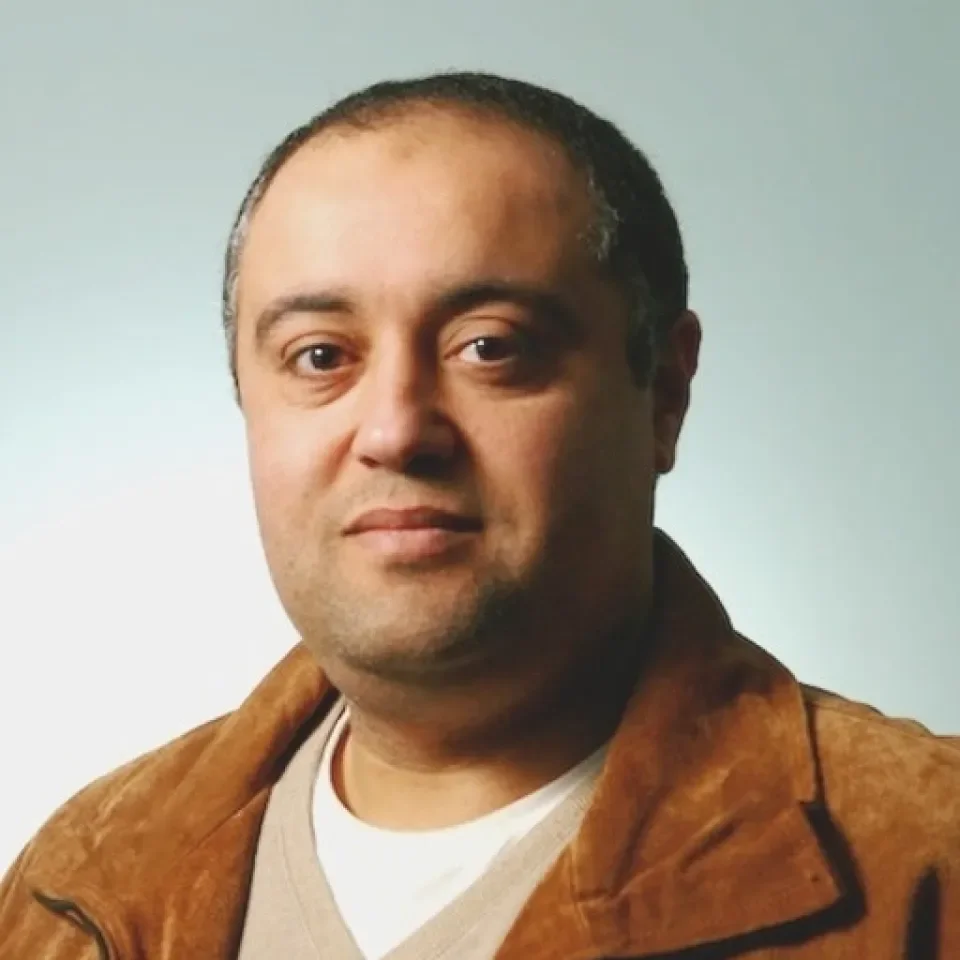
Research Newsletter - Issue 104: Spotlight
DCU research addresses individual issues linked to the climate polycrisis
May 2025
The climate crisis is one of, if not the, defining challenge of our era, and one which is looming ever larger as the effects of extreme weather and biodiversity loss become more and more apparent. The sheer scale of the issue can be overwhelming, as each day we read new stories about new ways in which the crisis is taking hold. What can be overwhelming is the sheer number of associated and increasingly pressing issues the evolving polycrisis presents.
Dublin City University is at the forefront of research related to the climate crisis as demonstrated by the DCU Institute for Climate and Society’s recent annual conference. The fifth edition of the conference featured UN Special Rapporteur on Human Rights Defenders Mary Lawlor as keynote speaker, alongside a range of activists, journalists and academics committed to the cause. Earlier in the year, the DCU Water Institute hosted an international plenary meeting on global water standards. These events are just two examples of the leadership DCU researchers are demonstrating in meeting the many challenges presented.
Assessing large-scale hydrogen production

Dr James Carton and Dr Riadh Habour
Last month, Dr Riadh Habour (School of Mechanical & Manufacturing Engineering), Dr Khaled Benyounis (School of Mechanical and Manufacturing Engineering), and Dr James Carton (School of Mechanical & Manufacturing Engineering) published the first technical and economic assessment of large-scale hydrogen production based on strong wind and solar energy potential in Ireland. The team focused on three locations: Cork, Wexford and Dublin.

Dr Khaled Benyouni
With varying levels of solar radiation and offshore wind, each of these locations is near a major port thus increasing potential for export. Using a custom python model, the team simulated energy subsystems including renewable generators, electrolysers, desalination, hydrogen storage, and pipelines. Cork emerged as the optimal location with the lowest projected production cost in the analysis, which evaluated scenarios for 2030 and 2040. This is the latest in a series of projects Dr Carton has conducted on green hydrogen, including an assessment of the potential of using it as a fueling in the haulage sector.
Optimizing greener production processes
Elsewhere in the Faculty of Engineering and Computing, a research team featuring Dr Anesu Nyabadza, Dr Achu Titus, Dr Eanna McCarthy, Dr Sithara Sreenilayam and Dr Mercedes Velazquez carried out an innovative study bringing the ink formulation and printing processes involved in energy storage electrode manufacturing. These electrodes are then used in advanced energy storage systems, one crucial application of which is the storage of renewable energy from intermittent sources such as wind and solar.
The study involved creating the manganese particles using a flow mode pulsed laser, crucially with an automated monitoring process which allowed the team to track nanoparticle size during the process. Predictive modelling also allowed nanoparticle size to be predicted with high accuracy. Overall the project reduces the poor quality output in the printing process, which feeds through into greener production with less waste. Fewer failed batches through optimised parameters could also bring down energy consumption in manufacturing processes.

Dr Sithara Sreenilayam
The use of manganese nanoparticles in this project also presents an alternative to other more expensive and scarce materials such as silver or platinum. Dr Sreenilayam’s ongoing research examines the use of copper as opposed to silver in the production of silicon solar cells. This swap would reduce production costs, but also potentially increase solar cell efficiency.
Climate change effects on drinking water
Earlier this year, Dr Valerie McCarthy (School of History and Geography) collaborated with colleagues from the Centre for Freshwater and Environmental Studies at the Dundalk Institute of Technology on a paper detailing how climate change will affect drinking water, through river discharge and dissolved organic carbon concentrations. The study focused on two contrasting catchment areas - one in Sweden (Vattholma) and one in Ireland (Glenamong).

Dr Valerie McCarthy
High levels of dissolved organic carbon can lead to water browning and the formation of harmful disinfectant by products. The results provide a range of future conditions for which water managers can plan against, and also demonstrate that site specific approaches are needed. Dr McCarthy is currently the DCU principal investigator on a Horizon Europe project focused on developing tools, specifically sensors, to control organic matter and disinfectant by-products in drinking water. The data from these sensors will feed into forecasting tools to predict source water changes and formulate climate change adaptation.
These three examples represent just a handful of the innovative projects which add to the sum of solutions to the complex and interconnected web of issues the climate crisis represents.
The commitment of researchers at Dublin City University to their projects and the real world impact they are delivering allow us to chart ways ahead on the increasingly difficult horizon.
